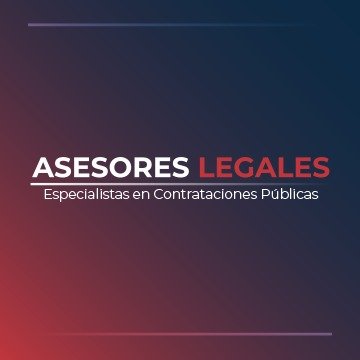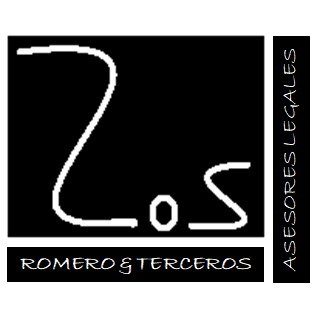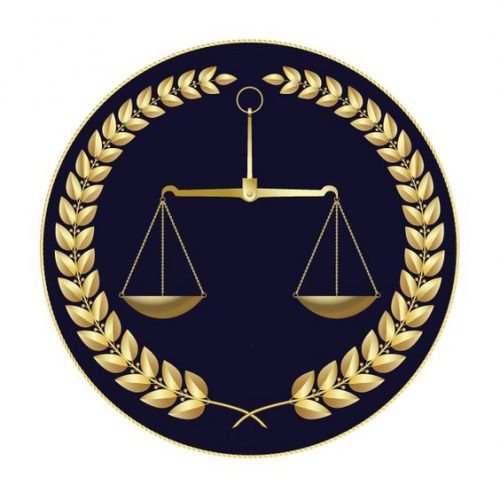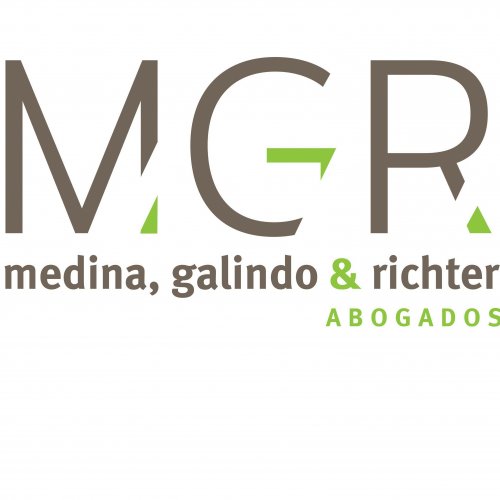Best International Trade Law Lawyers in Bolivia
Share your needs with us, get contacted by law firms.
Free. Takes 2 min.
Or refine your search by selecting a city:
List of the best lawyers in Bolivia
About International Trade Law in Bolivia
International Trade Law in Bolivia encompasses a set of regulations that govern trade activities crossing national borders, dealing with the import and export of goods and services. This field of law is crucial due to Bolivia's strategic geographical location in South America, making it an important player in regional trade. The legal framework is influenced by international treaties, trade agreements, and national policies aimed at enhancing trade relationships while protecting local industries. Understanding these regulations is vital for businesses and individuals engaged in cross-border trade.
Why You May Need a Lawyer
There are several situations where engaging a lawyer specialized in International Trade Law is essential. These include understanding and ensuring compliance with complex trade regulations, navigating tariffs and customs procedures, negotiating international contracts, resolving disputes in trade activities, and dealing with matters involving trade restrictions or sanctions. Lawyers can provide crucial insights and representation to safeguard clients' interests in international trade dealings.
Local Laws Overview
Bolivia's trade laws are influenced by both national policies and international commitments. Key aspects include:
- Customs Regulations: Manage the entry and exit of goods, and determine applicable duties and taxes.
- Trade Agreements: Bolivia is a participant in regional agreements like MERCOSUR which facilitate tariff reductions and promote free trade within member countries.
- Export and Import Restrictions: Specific goods may be subject to quotas, licensing requirements, or even bans based on economic policies or safety standards.
- Intellectual Property Rights: Protection of patents and trademarks is vital for international traders dealing with branded or patented goods.
- Dispute Resolution: Mechanisms are in place for resolving trade disputes, often resorting to arbitration or mediation before considering litigation.
Frequently Asked Questions
What documents are required for importing goods into Bolivia?
Essential documents include the commercial invoice, packing list, bill of lading, certificate of origin, and any specific permits, if applicable, depending on the product category.
Are there any products that cannot be imported or exported?
Yes, certain products are restricted or prohibited based on health, safety, or environmental grounds, such as hazardous materials and endangered species goods.
How are tariffs calculated for imported goods?
Tariffs in Bolivia are calculated based on the value of the goods, including cost, insurance, and freight. The applicable rate depends on the product classification.
What is the process for resolving trade disputes in Bolivia?
Dispute resolution often begins with negotiation or mediation. If unresolved, parties may proceed to arbitration or litigation at designated forums.
Is Bolivia part of any major international trade treaties?
Yes, Bolivia is a member of the Andean Community and MERCOSUR, which facilitate regional trade and economic cooperation.
Do I need a license to export goods from Bolivia?
Export licenses may be required for certain goods, particularly those subject to quotas or sensitive categories such as pharmaceuticals or dual-use items.
How can I ensure compliance with Bolivian trade laws?
Compliance can be ensured by conducting audits, keeping accurate records, consulting with trade specialists, and addressing any regulatory changes promptly.
What are the penalties for non-compliance with trade regulations?
Penalties can range from fines, seizure of goods, to bans from future trade activities, contingent on the severity and nature of the violation.
Can foreign companies operate in Bolivia under the same trade laws?
Yes, foreign companies must adhere to local trade laws and may benefit from bilateral agreements but must also align with the domestic regulatory framework.
How do I protect my intellectual property when trading in Bolivia?
Intellectual property protection requires registration with local authorities. It is also advisable to include protective clauses in trade contracts.
Additional Resources
For more information on International Trade Law in Bolivia, you may contact the following:
- The Ministry of Foreign Trade and Integration, which oversees national trade policies and agreements.
- The Bolivian Customs Administration for information on customs procedures and tariffs.
- The Chamber of Exporters of Bolivia, offering support services for exporters.
- Legal firms specializing in International Trade Law for personalized advice.
Next Steps
If you need legal assistance in International Trade Law, consider the following steps:
- Identify the specific issue or area of concern and gather all related documents.
- Research potential law firms or legal consultants with expertise in international trade.
- Schedule consultations to discuss your unique circumstances and obtain tailored advice.
- Consider ongoing engagement with a legal expert to ensure continuous compliance and support.
- Stay informed about changes in trade law regulations both domestically and internationally to adjust strategies accordingly.
Lawzana helps you find the best lawyers and law firms in Bolivia through a curated and pre-screened list of qualified legal professionals. Our platform offers rankings and detailed profiles of attorneys and law firms, allowing you to compare based on practice areas, including International Trade Law, experience, and client feedback.
Each profile includes a description of the firm's areas of practice, client reviews, team members and partners, year of establishment, spoken languages, office locations, contact information, social media presence, and any published articles or resources. Most firms on our platform speak English and are experienced in both local and international legal matters.
Get a quote from top-rated law firms in Bolivia — quickly, securely, and without unnecessary hassle.
Disclaimer:
The information provided on this page is for general informational purposes only and does not constitute legal advice. While we strive to ensure the accuracy and relevance of the content, legal information may change over time, and interpretations of the law can vary. You should always consult with a qualified legal professional for advice specific to your situation.
We disclaim all liability for actions taken or not taken based on the content of this page. If you believe any information is incorrect or outdated, please contact us, and we will review and update it where appropriate.
Browse international trade law law firms by city in Bolivia
Refine your search by selecting a city.

















